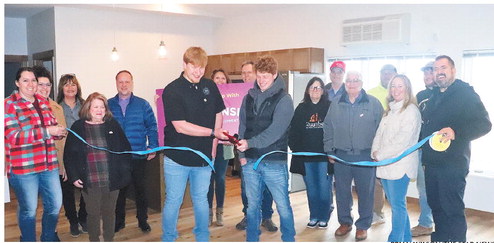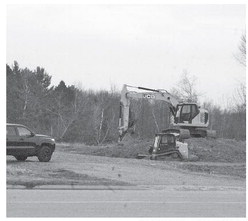Daylight saving time is a good chance to test alarms


As Wisconsin “falls back” this Sunday, with the end of daylight saving time, ReadyWisconsin encourages people to take advantage of the time change, to create a safer home for themselves and loved ones.
“When clocks reset, it’s time to take steps to prioritize safety,” said Greg Engle, Wisconsin Emergency Management administrator. “Taking a few minutes to do safety checks around your home, can ensure you and your family are safe, as winter approaches.”
Daylight saving time ends Sunday, Nov. 3, at 2 a.m., when clocks fall back an hour to standard time.
Carbon monoxide alarms are important for keeping a family safe from this harmful gas, if it leaks from furnaces and other appliances. They help alert danger, to get out of the home safely.
There were 341 emergency department visits and 35 deaths, in 2023, from unintentional carbon monoxide poisoning, according to the Wisconsin Department of Health Services.
Carbon monoxide alarms should be installed in a central location outside each separate sleeping area and on every level of the home. Batteries in these alarms should be replaced at least once a year. The carbon monoxide alarm should be replaced around every five to seven years, based on the manufacturer’s instructions.
Smoke alarms are also a critical early warning tool that can help alert someone to a fire in the home. According to the National Fire Protection Association, three out of every five home fire deaths occurred, when smoke detectors were either not present or were not working properly. Smoke alarms should be tested monthly, and the batteries should be replaced at least once a year. The device itself should be replaced every 10 years.
If there’s an emergency kit at home, this weekend is also a great time to check for expired products or items that may have been borrowed for other purposes, and need to be replaced. Pay attention to the expiration dates on batteries, first-aid supplies and food.




